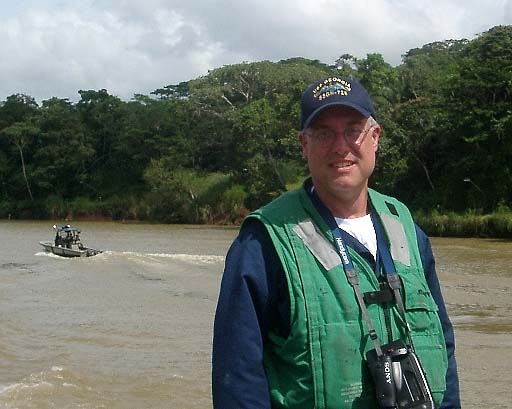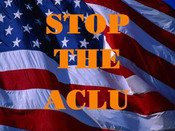Elliott Abrams, a deputy national security adviser, fired off e-mails expressing bewilderment over the agreement and demanding to know why North Korea would not have to first prove it had stopped sponsoring terrorism before being rewarded with removal from the list, according to officials who reviewed the messages.Make no mistake, the monsters know that if they wait long enough, we will cave.
John R. Bolton, former U.S. ambassador to the United Nations, called the agreement -- in which North Korea would freeze its main nuclear facility in exchange for an initial supply of fuel oil -- "a bad deal" that violated principles that were closely held in the beginning of the Bush administration.
And the National Review, a conservative bastion, yesterday slammed the agreement as essentially the same one negotiated by President Bill Clinton in 1994 -- a charge the Bush administration rejects. "When exactly did Kim Jong Il become trustworthy?" the magazine's editors asked. The Wall Street Journal editorial page, normally a Bush supporter, also condemned the accord yesterday as "faith-based nonproliferation."
More specifically, conservatives said, they worry that the administration's willingness to bend on North Korea does not bode well for hard-line policies toward Iran, the Palestinians or other issues. Indeed, Russian Foreign Minister Sergey Lavrov yesterday called on the United States to demonstrate "the same flexibility, a sensible flexibility" toward Iran's nuclear program.Read it all to learn what went on in the Bush administration as well as the concerns of Japan.
Here is an annotated copy of the agreement, Deciphering the North Korea Deal






No comments:
Post a Comment